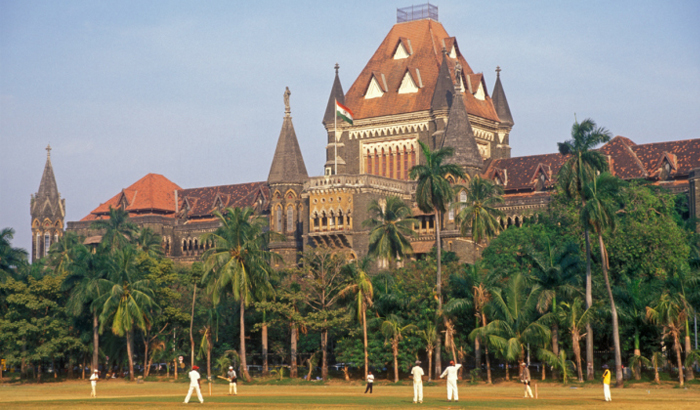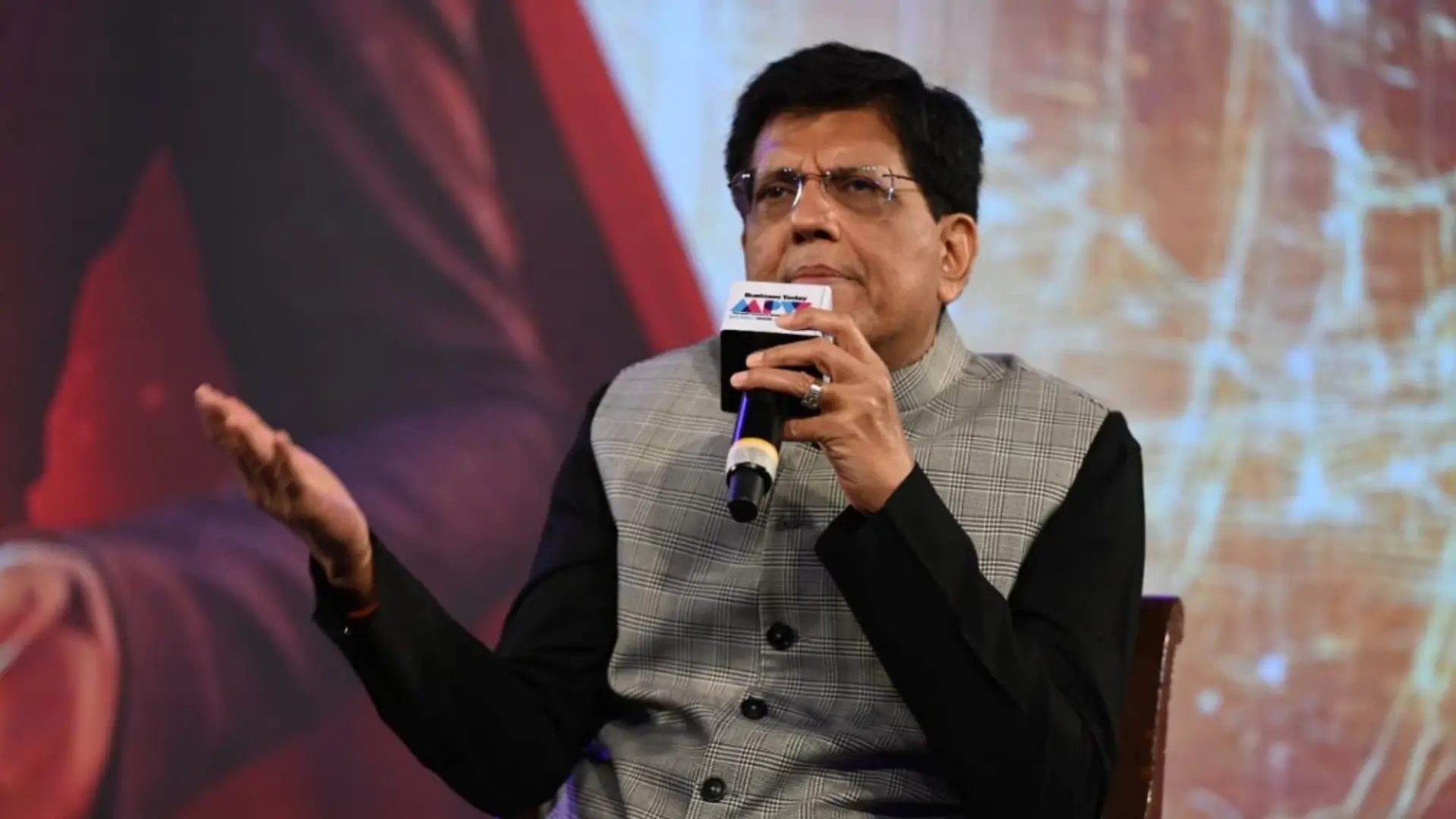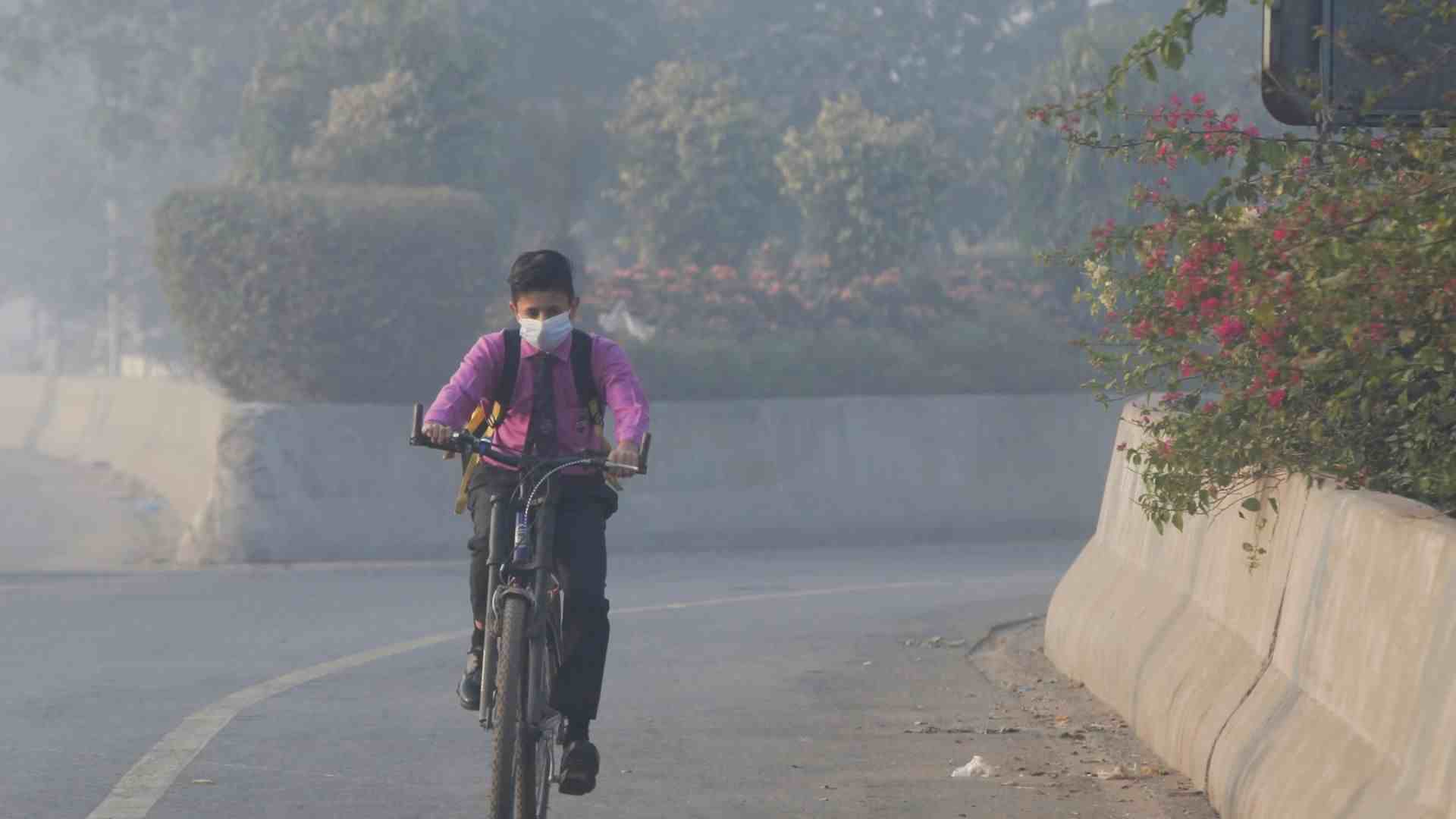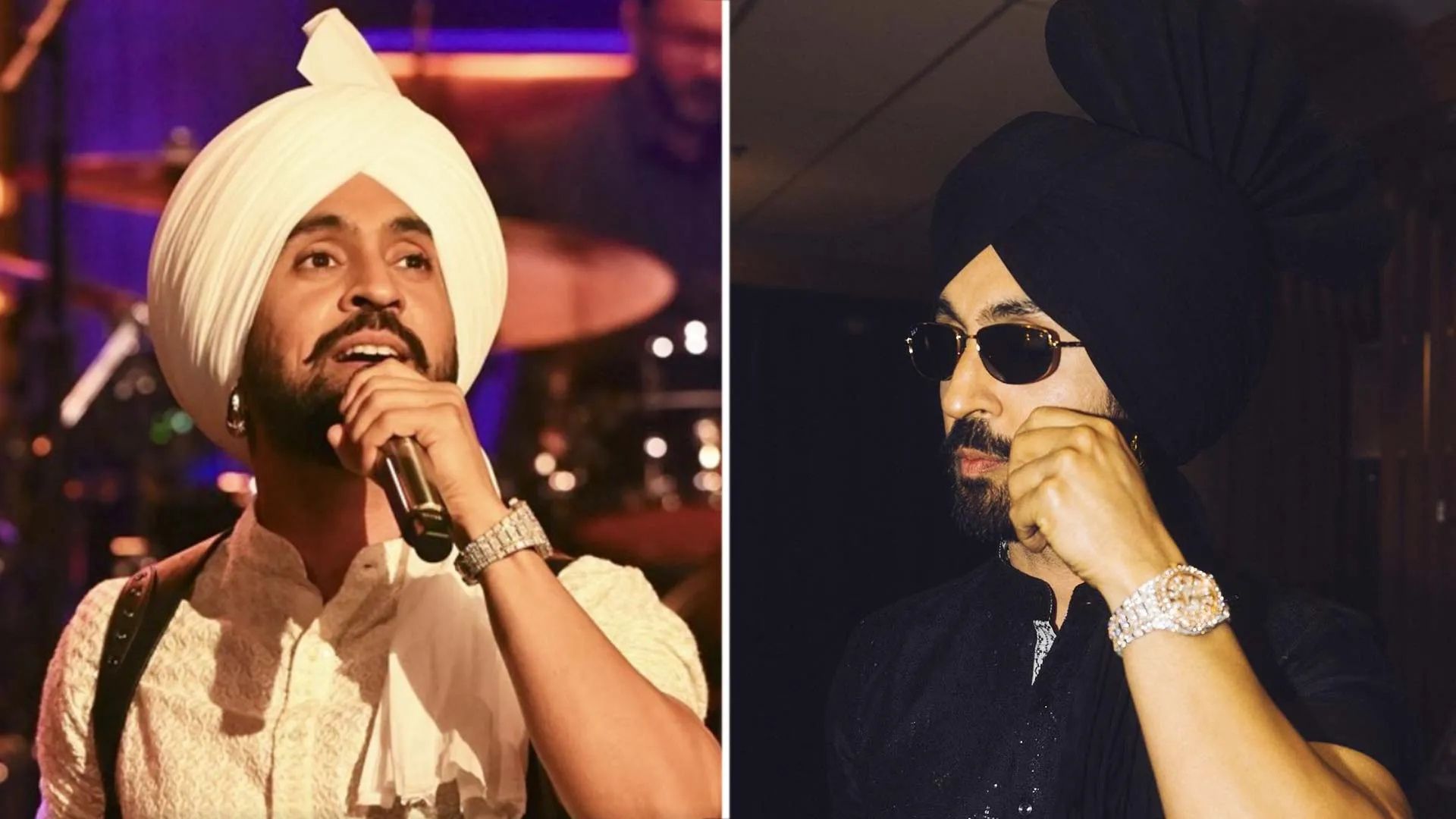
The Bombay High Court has said undertrial prisoners should be produced before courts via video-conferencing (VC) whenever permissible, as bringing them physically to courts for every hearing was a cumbersome procedure.
A single bench of Bharati Dangre directed the Maharashtra government to make necessary funds available to ensure that every court is provided screens and other video-conferencing facilities.
The court order dated November 10 was made available on Friday.
The issue was raised in a bail plea filed by one Tribhuvansing Yadav, who had claimed that his application for bail in the lower court was adjourned on 23 occasions, as he was not produced before the court physically or through video-conferencing.
The bench noted that as per a report submitted by the inspector of prisons and correctional services in September, 39 prisons in Maharashtra have 329 sanctioned video-conferencing units, of which 291 were functional.
The court, in its order, stated that if the facility is made available to all courts in the state, it may not be necessary to produce the accused persons at various stages of the proceedings.
“This (producing prisoners physically) is a cumbersome procedure, which consumes time, money and resources,” the high court said.
Inmates should be produced via video-conferencing for reasons such as security concerns, non-availability of police personnel to accompany them to courts and so on, it said.
The court noted that to make the facility more effective, screens would be needed in all courts.
“It is necessary that every person incarcerated and housed in a prison as an undertrial prisoner must on the allotted date be produced before the court either physically or through video-conferencing,” the bench said, adding that the court should also ensure that a video-conferencing link is made available to the prison authorities in advance.
It would be better if each court had a designated link so that the procedure is streamlined and the prison authorities are not searching for links at the 11th hour, it said.
“It is necessary that every court shall have a dedicated link. If dedicated links are allotted and time slots are scheduled, then production of the accused person before the court can be a simple procedure instead of taking the prisoner physically to court,” it held.
The bench directed the state government to provide funds for the same.
The court also directed all courts to ensure that dates are allotted for each case and intimated to the concerned prison authorities through the police station in-charges so that every undertrial prisoner is produced before the court through video-conferencing or physically.
The bench had earlier appointed advocate Satyavrat Joshi to assist the court on the issue and had directed him to visit the Arthur Road Jail and Taloja prison and submit a report.
Joshi, in his report, stated that there are 16 units for video-conferencing at Arthur Road Jail, while in Taloja there are 19.
However, in both prisons, inmates claim that they are not produced before courts via video-conferencing, and sometimes they are not taken physically.
The report also claimed that there was poor network connectivity and a lack of technicians to help out with video-conferencing.
The bench directed that the report be forwarded to the state home department for necessary steps to make the facility more effective.
The court will hear the matter further on December 4.















